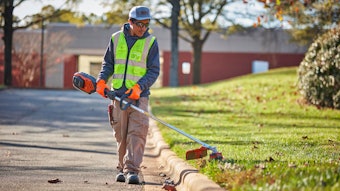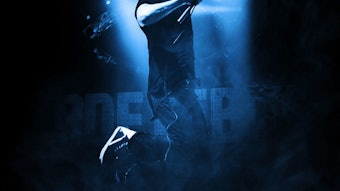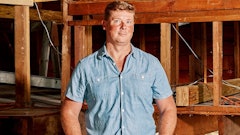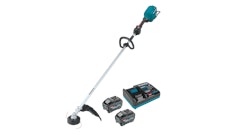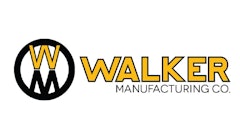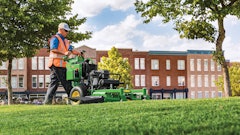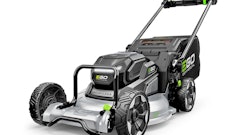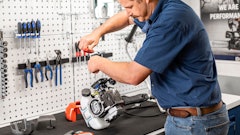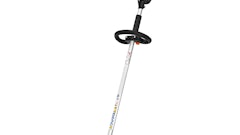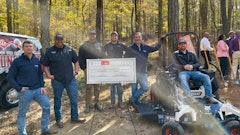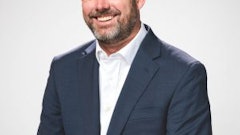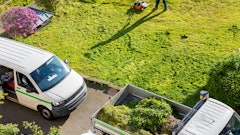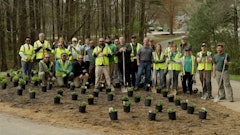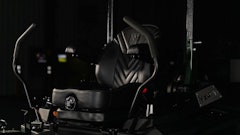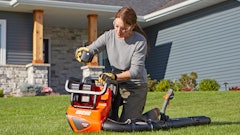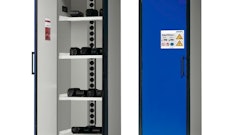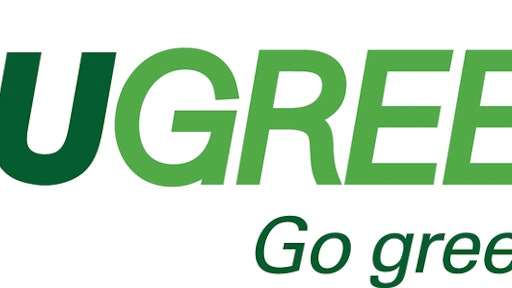
In case you'd missed it when the news broke this past November, ServiceMaster has decided to spin off TruGreen as its own company. The spin-off was to have been completed by the end of 2013. After being delayed a bit, that date was pushed back to January 15.
Regardless of when the spin-off officially happened, the pertinent news for most of you is that the spin-off had to happen in the first place. TruGreen's recent struggles were dragging down the rest of the company, which includes other well-known home-service brands such as Terminix and Merry Maids. Since it's going to take a while to turn things around at TruGreen—and ServiceMaster wants to go public later this year—TruGreen had to be cut loose. Thus, it is being spun off as a dividend to its stockholders.
I'm not going to get into all of the investment mumbo jumbo surrounding a transaction like this; it's beyond me and really not relevant to you either. You own and operate your own private business. You have responsibilities to your clients, creditors, employees, families, and good ole Uncle Sam. So what I want to focus on are those things that played a role in getting TruGreen to this point in the first place.
TruGreen's profitability had eroded over the past three years. In 2011, on sales of just over $1 billion, adjusted EBITDA (net profit with interest, taxes, depreciation and amortization added back to it) was a solid 17%. Last year, on significantly lower sales of around $890 million, EBITDA had dwindled to just 3% or so.
Eroding profit is something many of you can relate to. TruGreen cites many of the same challenges that all contractors face: rising cost of materials like fertilizer, inflationary pressures and production inefficiencies. What's interesting to me is that big companies, or so I've been taught, are supposed to be better equipped to withstand these types of challenges. There are definitely limitations to this concept—especially if bad work processes are prevalent throughout your company. In fact, the more crews you have, the worse things get if poorly managed.
But there's something even more important at play. From 2010-2013, TruGreen lost roughly 22% of its customers. Think about that for a second. What if you lost one of every five customers over the next couple of years? Could your company withstand that? What are you doing to prevent it?
In the case of TruGreen, company leadership points the finger at widely varying service standards from branch to branch, along with poor communication with clients—things that should be well within a company owner's control. As TruGreen spins off and starts the rebuilding process, it will be interesting to see how its new owners regain better control.
On that note, TruGreen is now owned by ServiceMaster's indirect parent company, ServiceMaster Global Holdings Inc., a holding company owned by CD&R-managed funds and other investors. CD&R stands for Clayton, Dubilier & Rice, the private-equity firm which purchased ServiceMaster in 2007. CD&R is the same firm that purchased a majority stake in John Deere Landscapes recently. Welcome to the Green Industry, CD&R.


